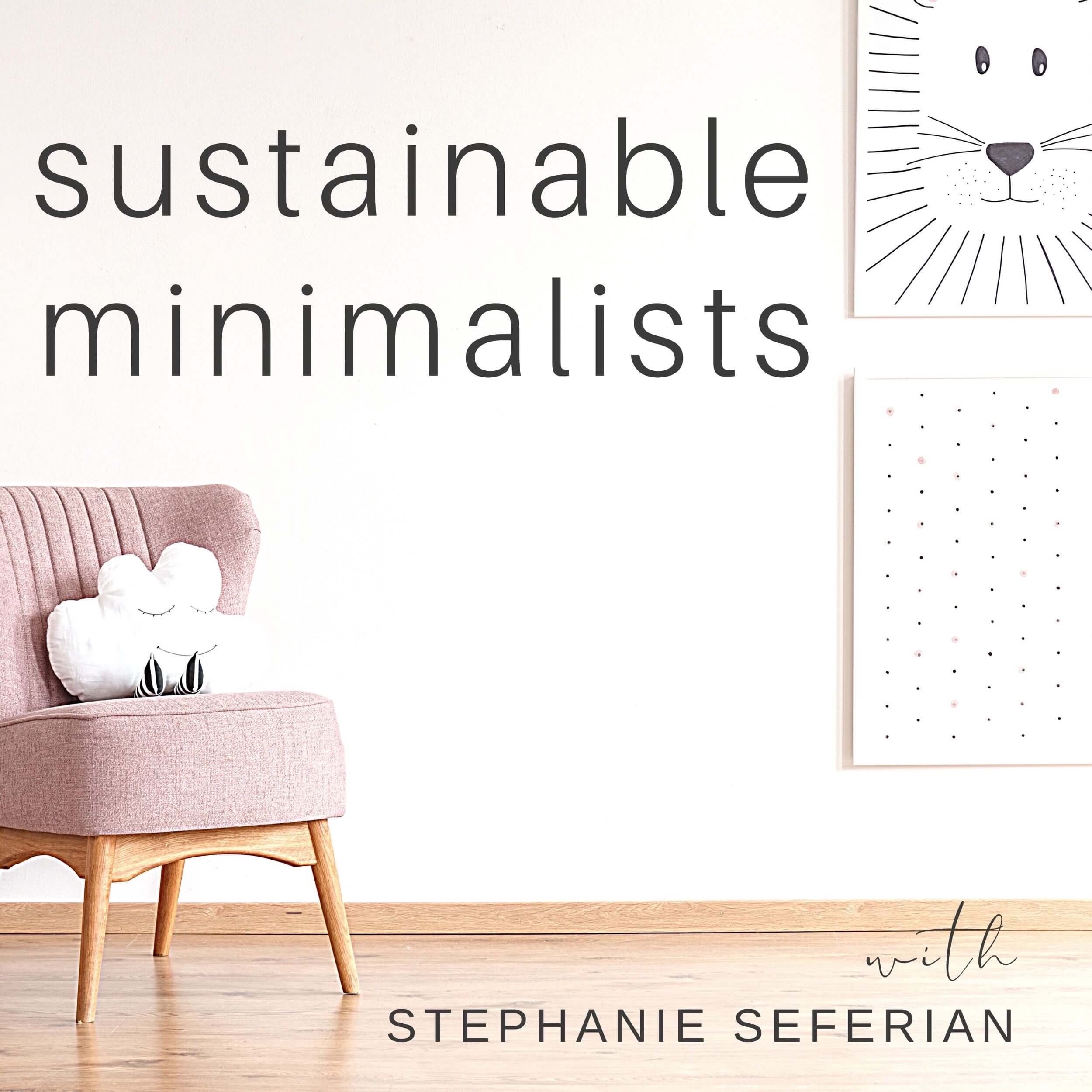
Sustainable Minimalists
Creating eco-minimalist, non-toxic homes (without the extra work). Although minimalism has experienced a rebirth in recent years, the "less is more" movement has been around for centuries. Yet today's minimalist influencers have resurrected minimalism with a decidedly consumerist spin, as modern minimalism is nearly synonymous with decluttering. While there's a lot of chatter about tidying, it's radio silence and crickets when it comes to sustainability. The result? Aspiring minimalists find themselves on an endless hamster wheel of buying, decluttering, buying more, and purging again. Overemphasizing decluttering and underemphasizing the reasons why we overbuy in the first place is thoroughly inconsistent with slow living as a movement; consumption without intention is terrible for the planet, too. Your host, Stephanie Seferian, is a stay-at-home/podcast-from-home mom and author who believes that minimalism, eco-friendliness, and non-toxic living are intrinsically intertwined. She's here to explore the topics of conscious consumerism, sustainability, and environmentally-friendly parenting practices with like-minded women; she's here, too, to show you how to curate eco-friendly, decluttered homes (without the extra work).